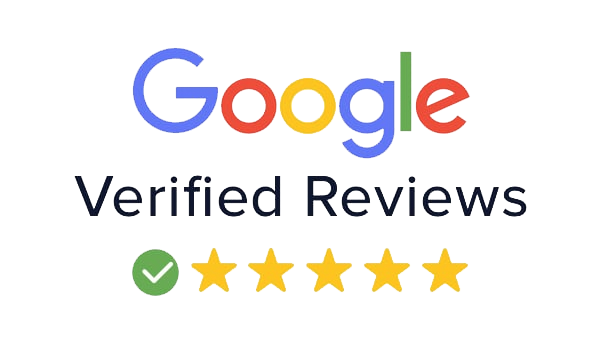Common Myths about Your Estate When You Die
There are many misconceptions about the law in general and about estate planning in particular. There are also many opportunities to use the law to protect those we love, when it comes to helping families navigate life and the legal processes that happen after the death or disability of a loved one. The best option is to plan ahead, reports the article “I’m dead, now what? Myths about deaths in Georgia” from the Cherokee Tribune & Ledger-News. Here are the top four myths about what happens when someone dies.
A Will. If there’s no will, my spouse gets everything. Well, no. While you are a team, and you may want your spouse to get everything, if there’s no will, the laws of your state will determine who gets what. Your spouse in some states will split your possessions with your children. This is especially true if this is not your first marriage and you have children from a prior marriage. Your spouse in some states will get no less than a third of your assets. If you want your spouse to inherit everything, you need a will.
You also need a will if you want your spouse to receive everything so they can take care of your children, if something unexpected happens to you. Without it, your spouse will have to create a budget for your children’s needs and present that to the court before they can spend any of the children’s money. That’s how it works in Georgia. Check with a local estate planning attorney to make sure that’s what you’re prepared to leave for your spouse to do, or what your state’s laws say.
Having a will allows you to determine who you want to inherit what.
A will means there’s no need for probate court. Wrong again! Having a will does not mean you avoid probate court and the legal process known as probate. A will is not legally effective, until the nominated executor presents your will to the probate court and the court accepts the will and declares it to be valid. This is a longer process in some jurisdictions. However, there are potential problems. If there’s a disgruntled family member or a need for privacy, the probate process creates a public record and information can and often is obtained by family members. To avoid making your life a public matter, you need an estate plan that includes trusts, which do not go through the probate process and do not become public records.
If I don’t have a will, the state will take it all. It’s very rare that any state will take everything, even if there is no will. The state only does that if absolutely no family members can be found, or if the state’s Medicaid program has an aggressive claw back policy that seeks to recover the cost of nursing home care provided to the decedent. If the person who died did not need Medicaid services, then it’s unlikely that the state will take the assets. More likely? A family member, determined by degree of kinship, will be entitled to inherit. This is often called an Heirship Proceeding and is more expensive that having to probate a will. Again, the law varies by state, so check with an experienced estate planning lawyer in your state.
The family gets stuck with the debts. That’s a yes and no answer. The debts of family members do not have to be paid by the family. However, they are paid by the deceased’s estate, which will be decreased by the amount of debt owed. Therefore, the family members will inherit less, but it’s not coming out of their own pockets. The debts of the deceased are to be paid by whatever assets he or she owned at the time of death. If there’s not enough in the estate, the family is not obligated to pay the debt. The exception is if the spouse was a joint borrower or otherwise legally obligated to pay the debt.
What you know and don’t know about estate planning can hurt you and your family. An easy way to address this: meet with an experienced estate planning attorney and make a plan that will distribute your assets according to your wishes.
Reference: Cherokee Tribune & Ledger-News (Feb. 1, 2020) “I’m dead, now what? Myths about deaths in Georgia”


